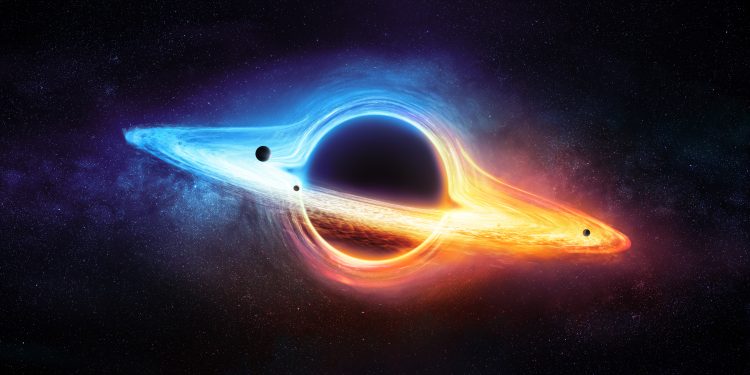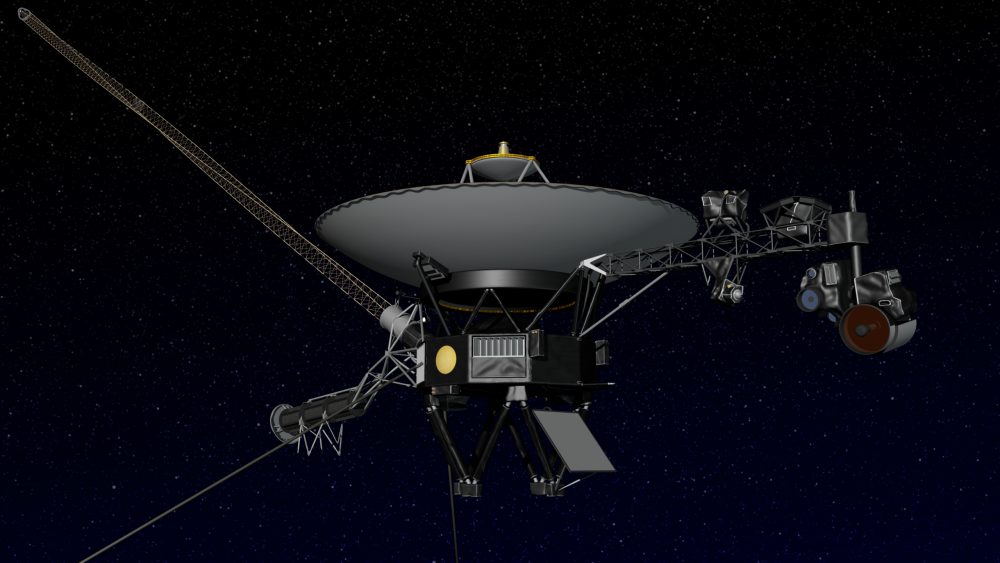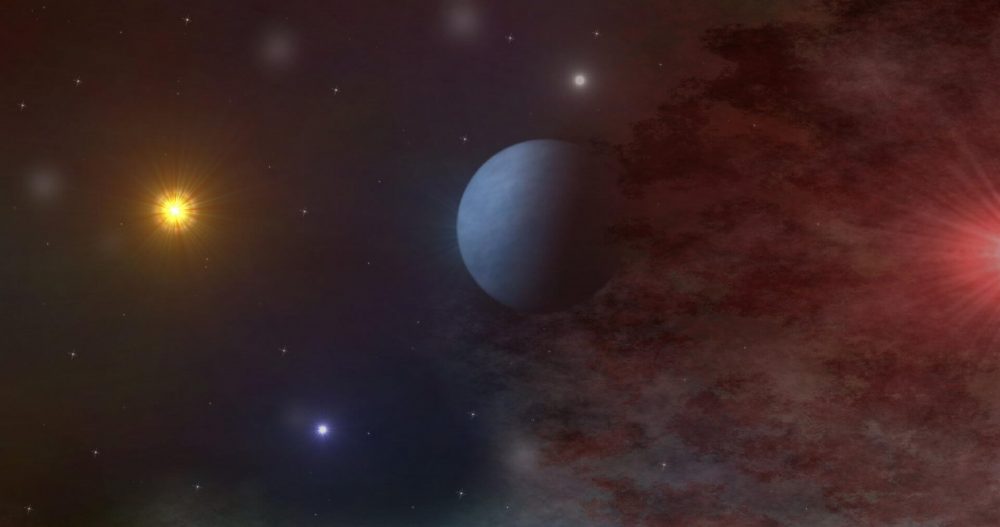The universe is filled with mysteries, and among the most captivating are black holes. These enigmatic entities push the boundaries of our understanding of physics and the cosmos. The discovery of Cygnus X-1 in 1971 marked the first confirmed observation of a black hole, revolutionizing our comprehension of these powerful cosmic phenomena.
At the center of our Milky Way galaxy resides Sagittarius A*, a supermassive black hole with a mass approximately four million times that of our Sun. Most galaxies of similar size contain comparable black holes, suggesting a deep-rooted connection between galaxy formation and these gravitational giants. However, the question remains: could Sagittarius A* pose a threat to our solar system?
Despite their fearsome reputation, black holes are not the ravenous cosmic vacuum cleaners many imagine. If a black hole of equivalent mass replaced our Sun, the gravitational dynamics of our solar system would remain largely unchanged. We would continue to orbit it as we do now, albeit in a much colder environment. This emphasizes an important point: gravitational effects operate on a spectrum, and at a safe distance, a black hole’s influence mimics that of other massive celestial bodies.
Intriguing aspects
One of the most intriguing aspects of black holes is what occurs at the Event Horizon—the boundary beyond which nothing can escape. When matter crosses this threshold, it experiences a phenomenon known as spaghettification, where it is stretched and compressed into long, thin shapes, reminiscent of noodles. This dramatic transformation showcases the extreme conditions surrounding black holes, yet the mysteries of their interiors remain largely unexplored.
As we delve deeper into our understanding of the cosmos, black holes reveal their significance beyond mere curiosity. They play a pivotal role in the formation and evolution of galaxies, influencing the orbits and behaviors of nearby stars. The gravitational forces of black holes can disrupt the structure of surrounding celestial bodies, tearing apart stars that stray too close to their event horizons.
In summary, while Sagittarius A* stands as a formidable force at the heart of our galaxy, it is not poised to consume our solar system. Instead, it serves as a testament to the intricate and interconnected nature of the universe, reminding us of the delicate balance of forces that govern our cosmic neighborhood. Understanding these phenomena not only deepens our appreciation for the universe but also highlights the ongoing journey of discovery that lies ahead.











